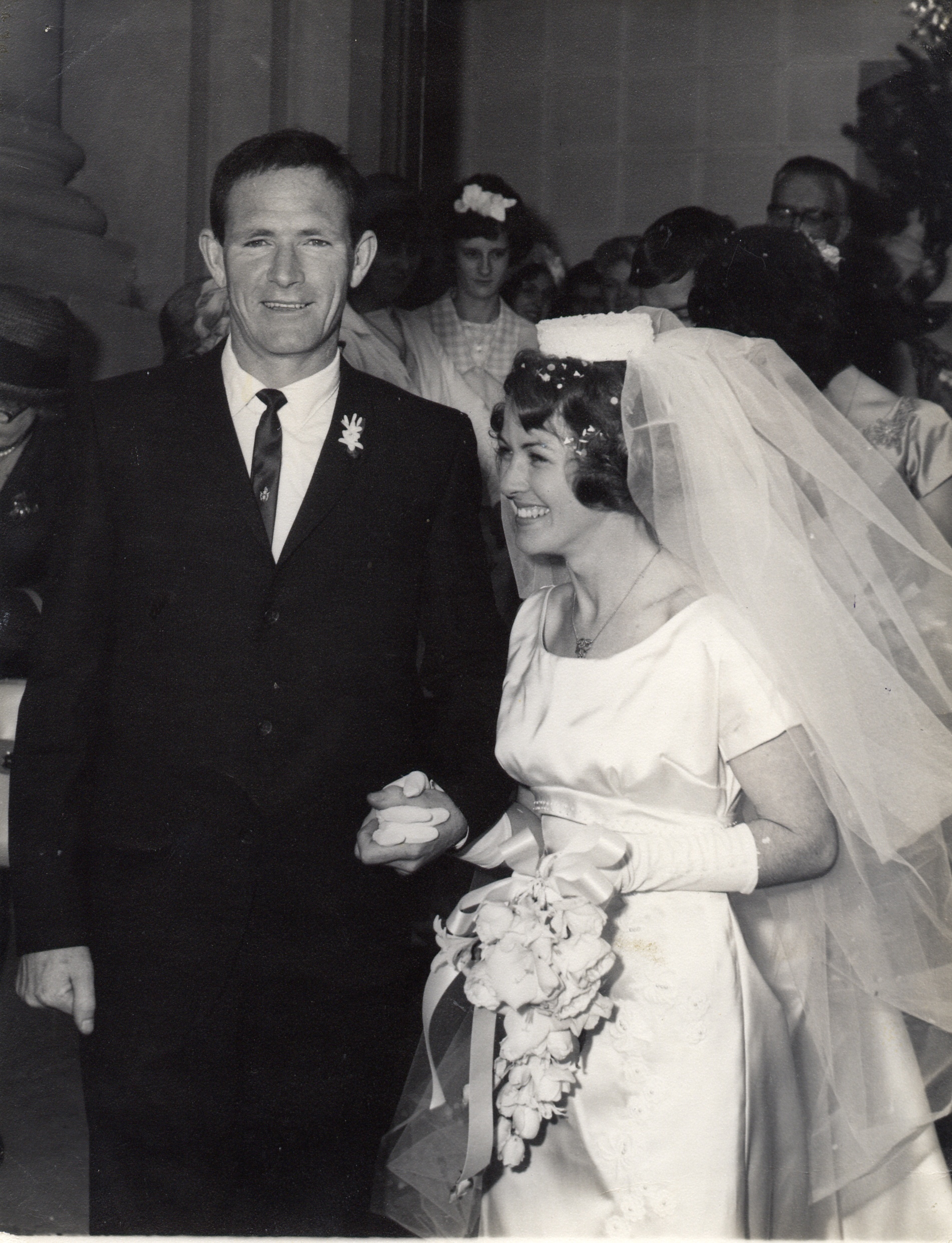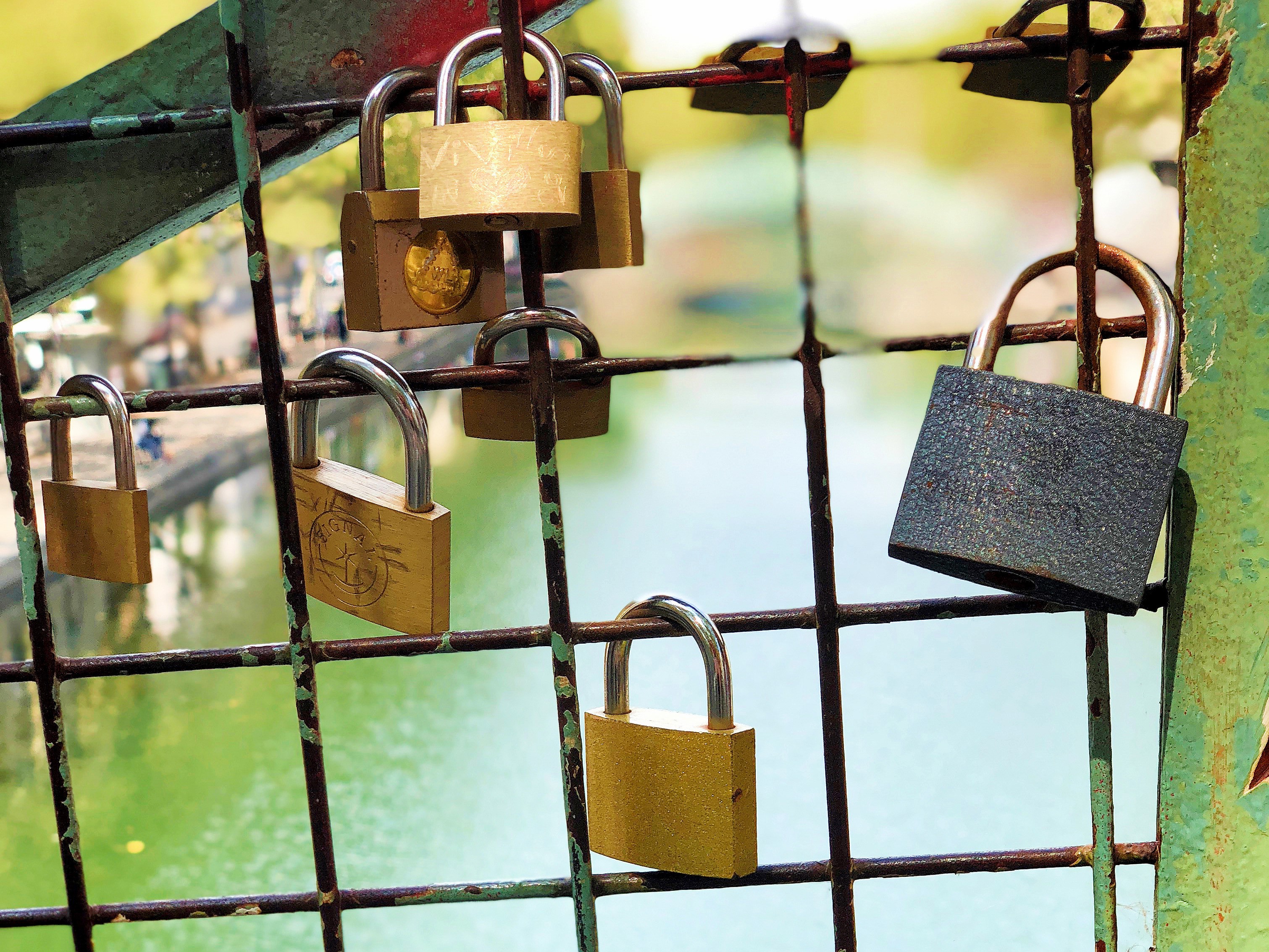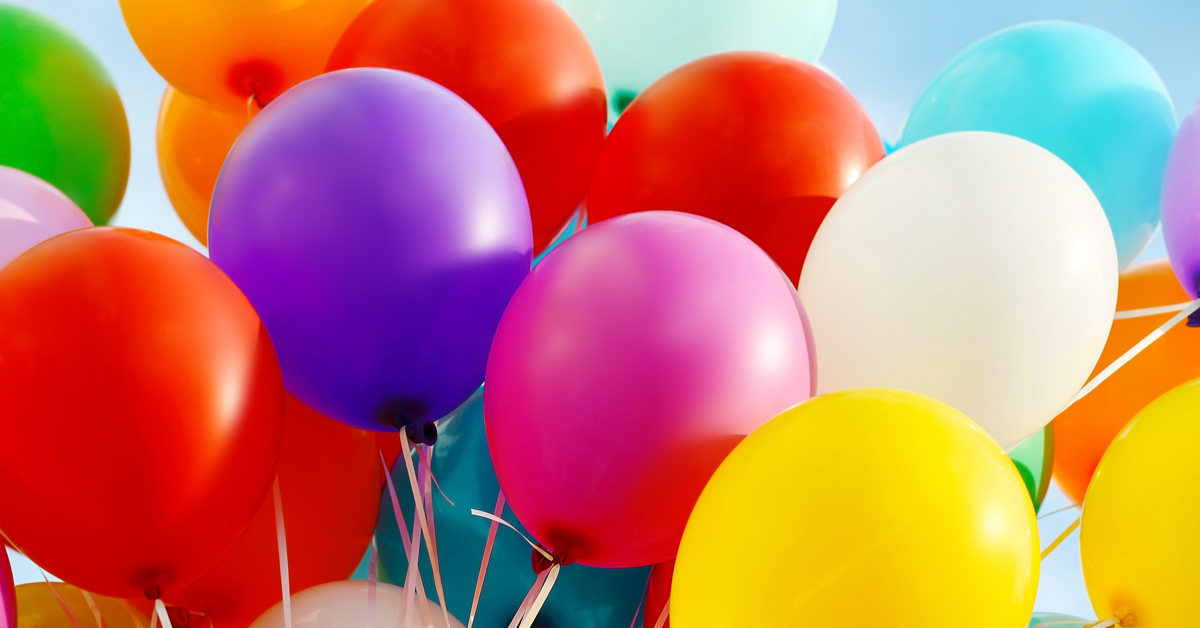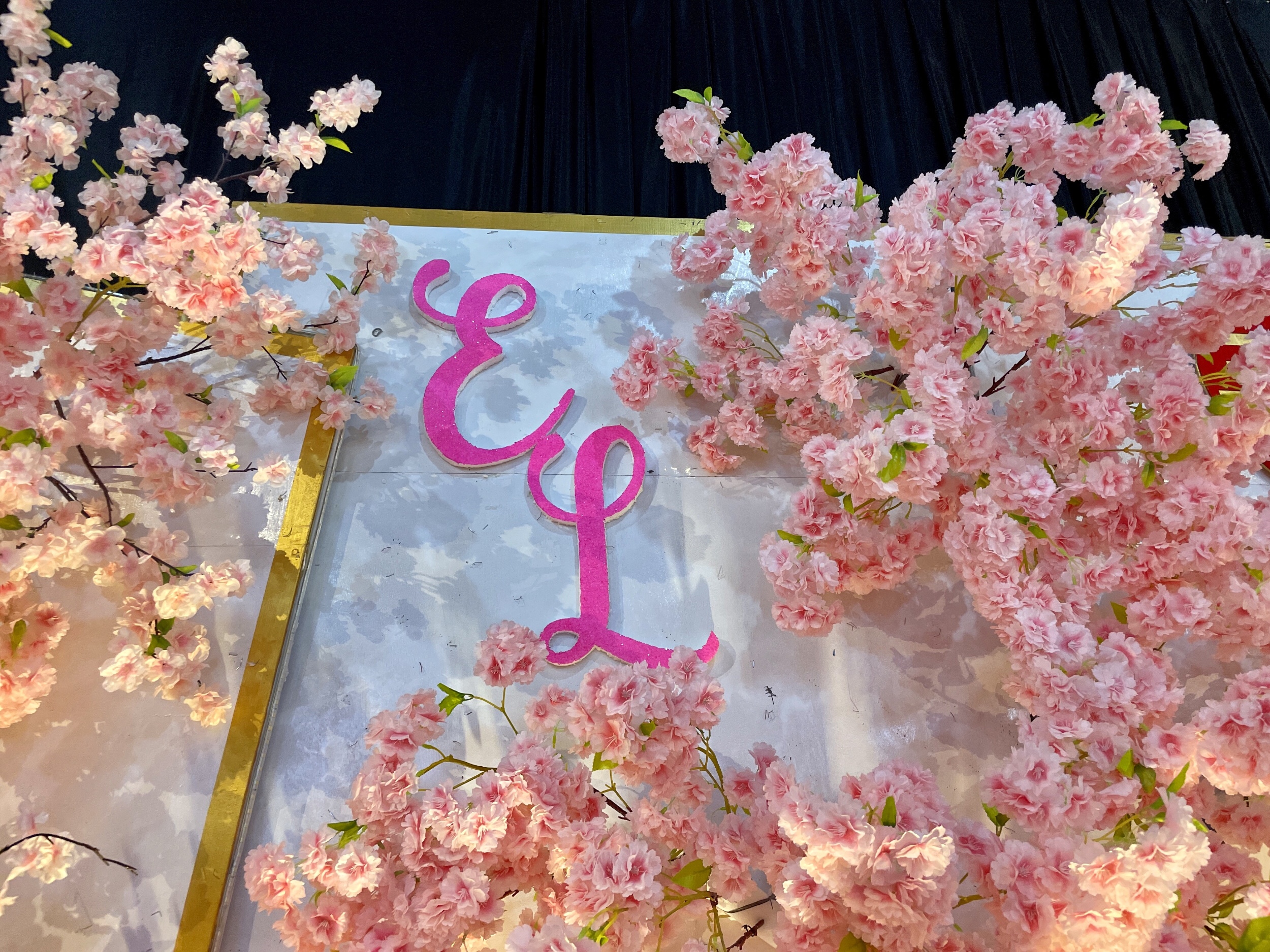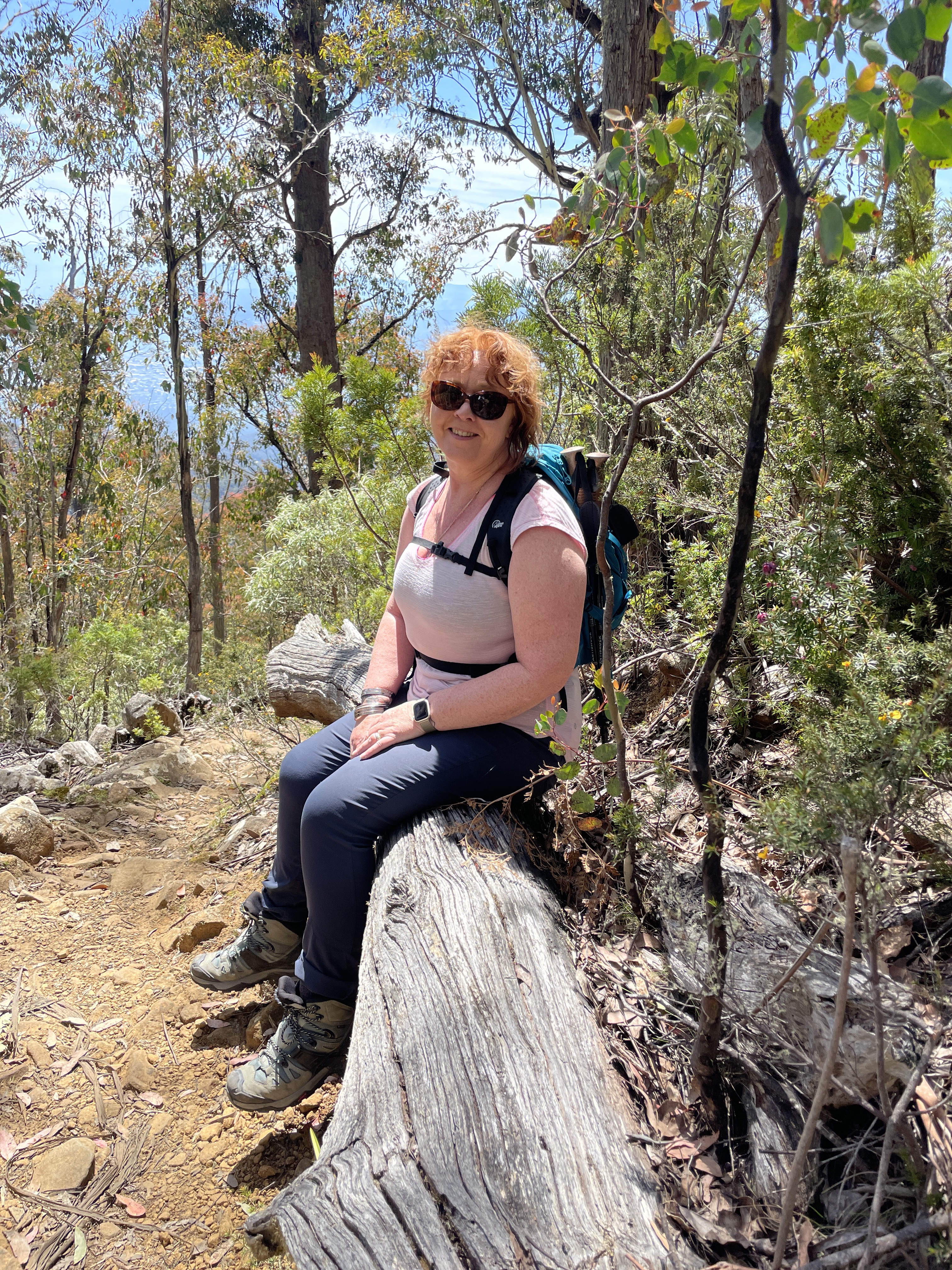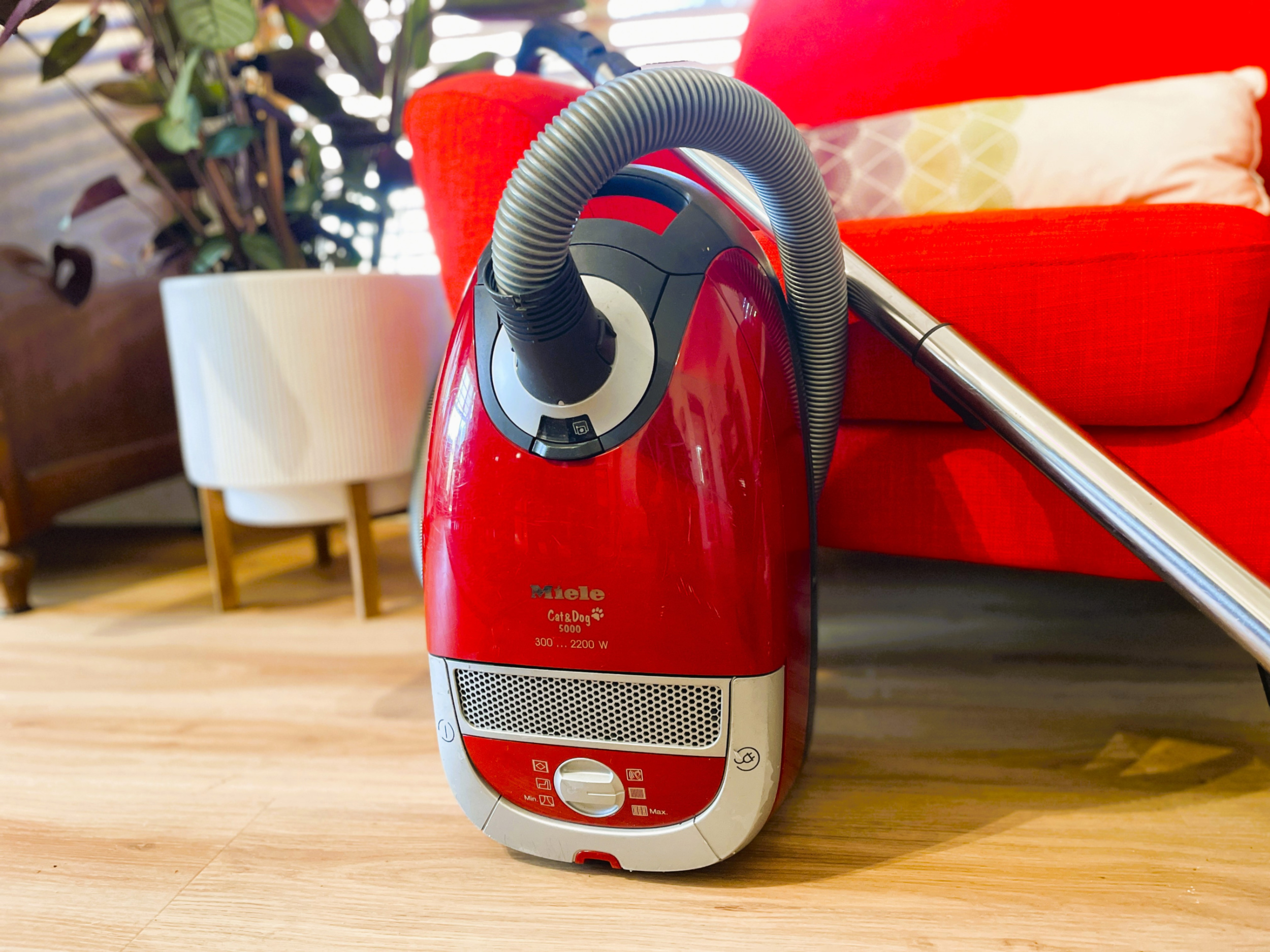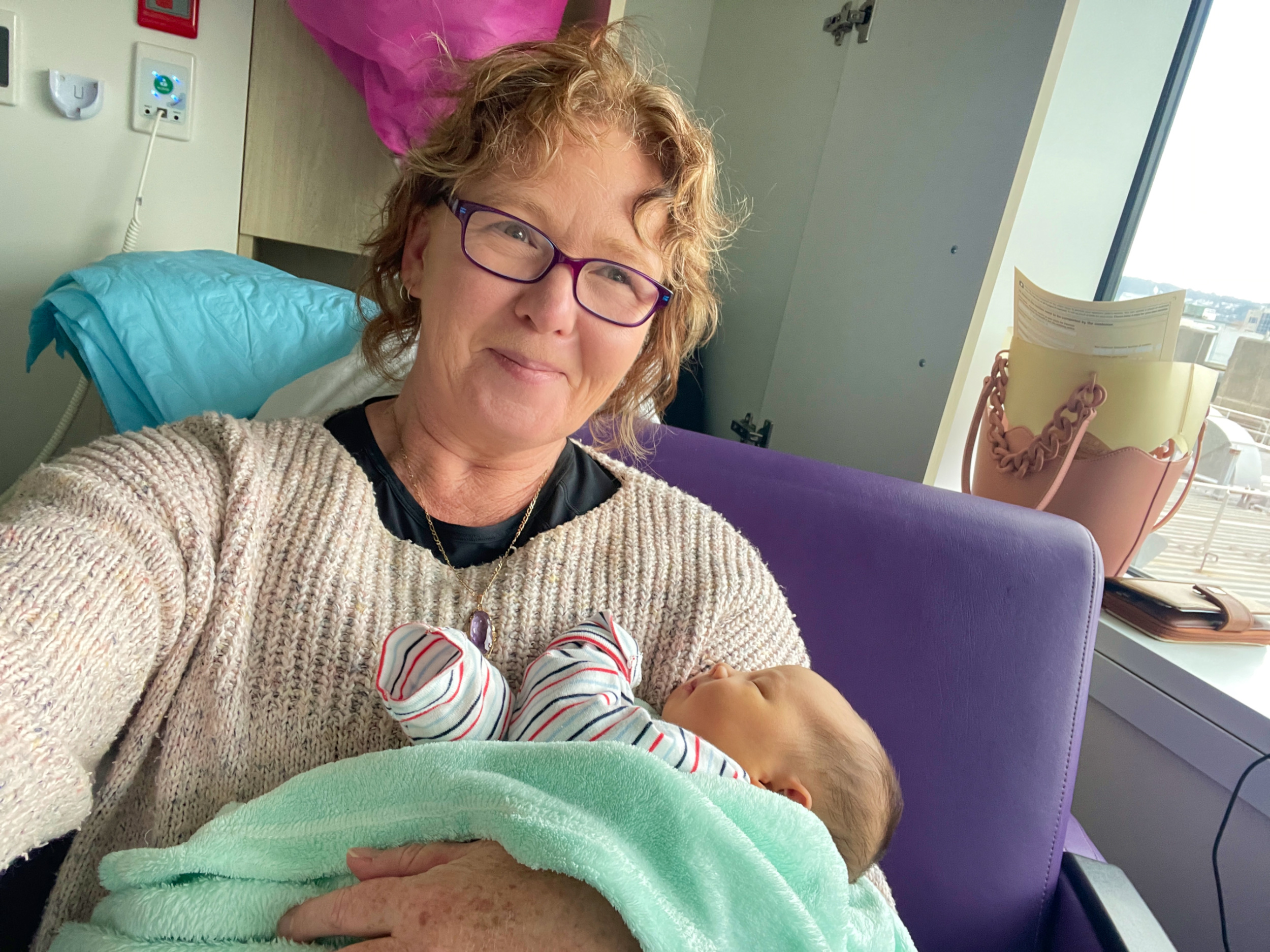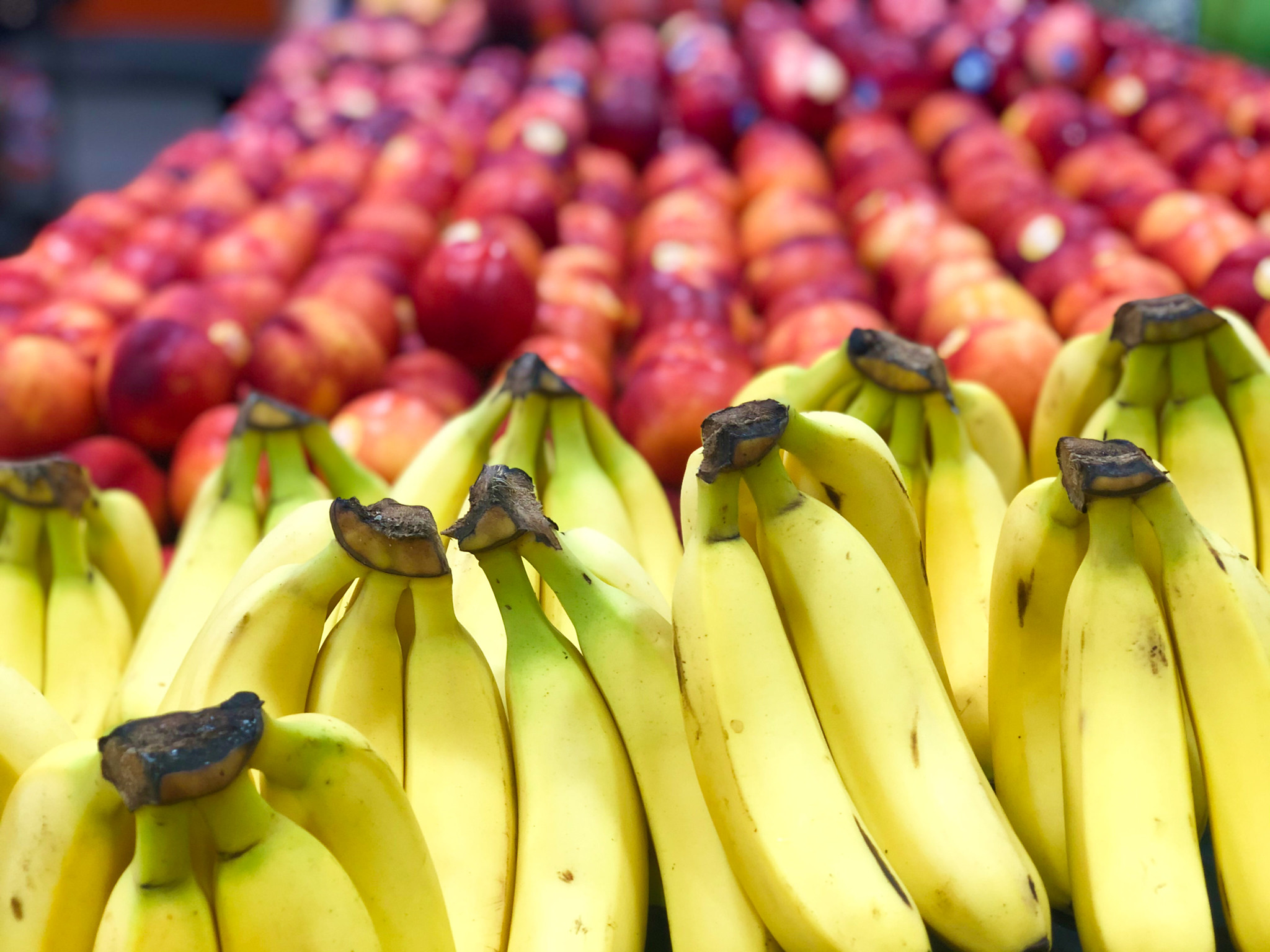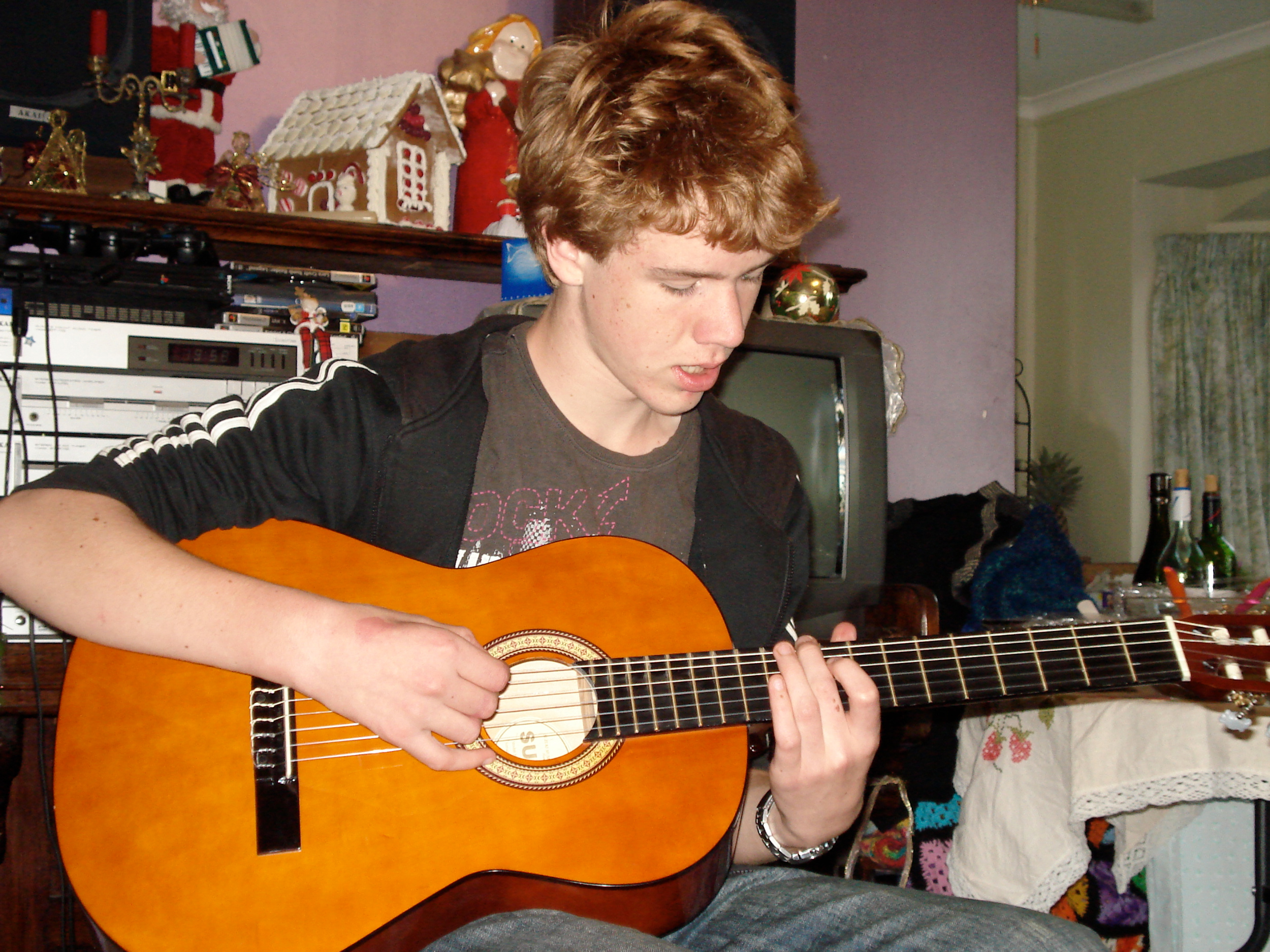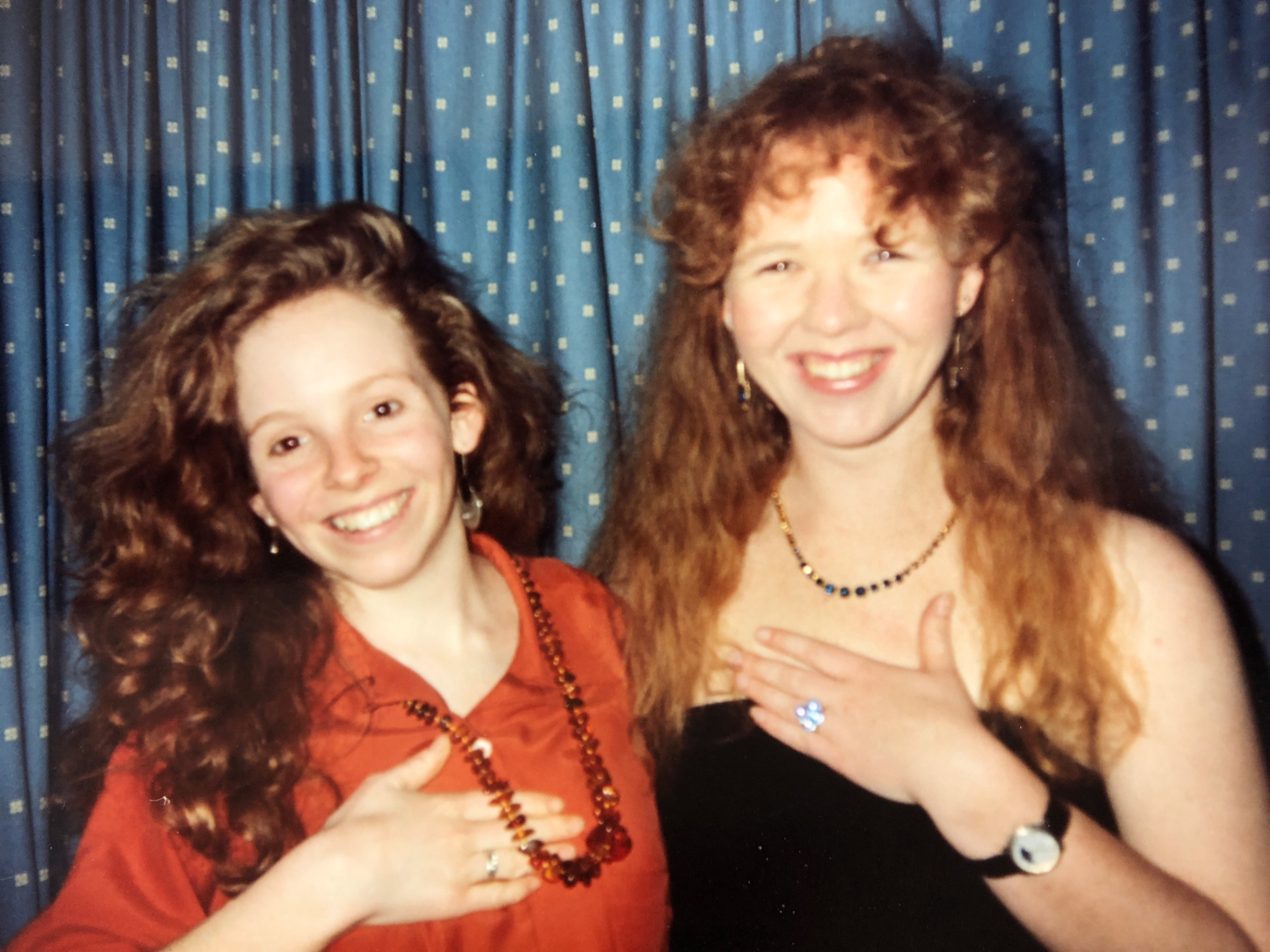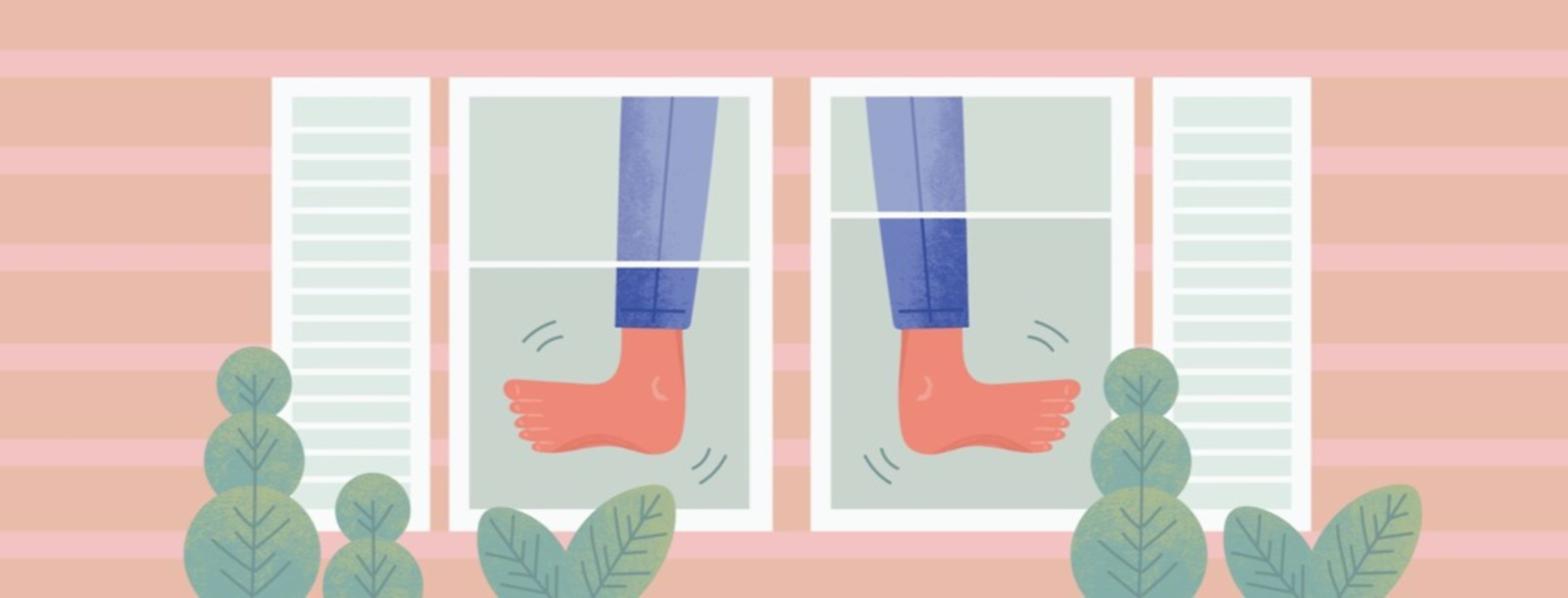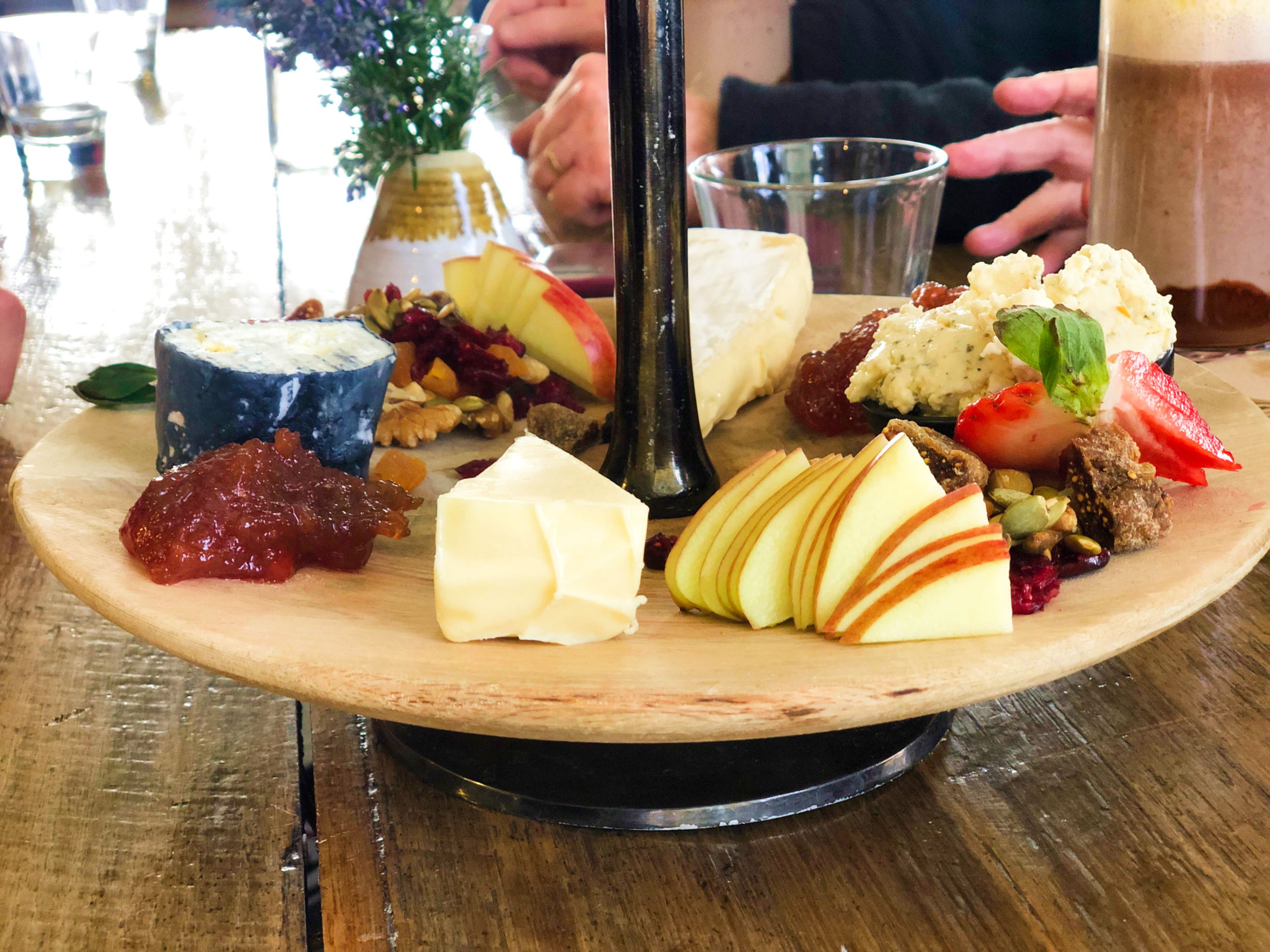Music is powerful. Babies are comforted by music in utero. My son used to wake up and dance to the ‘Sound of Music’ when I was six months pregnant and performing in the show. So it stands to reason something as emotionally challenging as recovery from [name your problem] can benefit from soaking in the soporific sounds of music that speaks to the heart.
Before I tell you my favourite 30 songs (I started with five but got carried away), I should point out I’m no spring chicken and nor is my music selection. A lot of it’s soothed me for five years now. So if you’re hoping for a top of the pops list, you’re definitely in the wrong place. Also – I lean toward cheesey pop, so read on if you’re brave enough.
Amen, to all the crazy things that happened that made me who I am
1. Amen | Andra Day
This woman has a fantastic voice. Listen if for no other reason! But it’s a song about positivity and thanks. Something we all need a little of.
One thing that I know, is it will get better
2. Beautiful Girl | Sarah McLachlan
Well the opening line says it all really. No matter what, things are going to get better – just hang in there.
This night’s been so long, I cling to your promise, there will be a dawn
3. Beauty from Pain | Superchick
This might seem like an odd song for a recovery playlist, but if you suffer from depression and can’t explain how it feels to others, this words it perfectly. It also offers a glimmer of hope.
Open me up and you will see, I’m a gallery of broken hearts
4. Be OK | Ingrid Michaelson
Kind of self explanatory really. I just want to be okay. Repeatedly.
It’s a better place since you came along
5. Better Place | Rachel Platten
This is a song from me to you. I love that you’re here in the world. Your very existence makes the world a better place.
Don’t let no one tell you who you are, be yourself
6. Be Yourself | Hilltop Hoods
This one’s not cheesey pop – this is as hard core as I get. But I like the message, “be yourself” and the images are all of Hobart, where I live.
Maybe one of these days you can let the light in
7. Brave | Sara Bareilles
A bit of an anthem for courage. You can do it. Believe it.
May your past be the sound of your feet upon the ground
8. Carry On | Fun
Get past the first 60 seconds of this video and you’ll find the song… Again, I just love the chorus. “carry on, carry on”. Just hang in there. We all need to just hang in there on the bad days.
Everybody’s born to be different, that’s the one thing that makes us the same
9. Close Your Eyes | Meghan Trainor
This song tries to get you to find that inner beauty. You know – that bit of you that all of us love and you struggle with. Close your eyes and sing to the world tonight.
It’s a new dawn, it’s a new day, it’s a new life for me
10. Feeling Good | Avicii
This girl can sing! Just listen and take it all in.
I am a fighter and I ain’t goin’ stop
11. Fighter | Christina Aguilera
Cheesey pop and well known in recovery song playlists. But hey it’s a good message. You’re a fighter. Pick yourself up and do it. Fight.
Starting right now I’ll be strong
12. Fight Song | Rachel Platten
Very pretty voice. Another song bringing out your inner strength to take back your life.
Everybody’s been broken, everybody’s been down, keep the floodgates open, let it all out
13. Floodgates | Colbie Caillat
Upbeat and cheery. Every tear can put out a fire – everything we feel is valid. Let the tears flow.
Change the voices in your head, make them like you instead
14. Fucking Perfect | Pink
Not a song for anyone who is offended by profanity. But this is the body image anthem. Right now, you are fucking perfect.
I’m not afraid to fall, I might just learn to fly
15. Get Up | Superchick
These girls are passionate about telling us to get back up every time we fall over. No matter how many times we fall, just get back up. Refer back to Christina Aguilera’s “Fighter” if in doubt.
It took me falling down to get on my feet
16. Hold On | Riley Clemmons
A Christian song but even if faith doesn’t float your boat, give it a go. If you’re having a bad day, just hold on. Some days that’s all you can do – hold on until the next day.
My winning streak has just begun, this is my moment in the light
17. It’s On | Julia Michaels
I just like this song. It’s happy. La la la la. A feel good song in my opinion.
You’re original, so just be you
18. Just Be You | Anthem Lights
The harmonies are beautiful. You’re one of a kind – embrace your loveliness. You’re lovely.
All we can do is keep breathing
19. Keep Breathing | Ingrid Michaelson
There’s something about acoustic performances. It’s like you’re there with them. Just a reminder to keep breathing. Keep on breathing.
Rolling even on the bad days, you just gotta keep, gotta keep on
20. Keep On | Sasha Sloan
I love this girl’s voice and “keep on” is my current anthem. When I’m crawling in my skin, I’ll be okay. I’ll be okay.
Paint the walls black and scream, “Fuck the world, ’cause it’s my life, I’m gonna take it back”
21. Missing You | All Time Low
Bright and boppy and then it gets to that line, grit your teeth, pull your hair and just fuck the world. It’s my life. It’s my life. Let me live it.
I’ll keep gettin’ up when I hit the ground
22. Never Give Up | Sia
Another recovery anthem but the message remains eternal. Just never give up. No matter how many times life hits us for six, never give up. Hang in there every day.
I’ll rise up, and I’ll do it a thousand times again
23. Rise Up | Andra Day
The first line describes so many days when you struggle with depression – broken down and tired. I’ve been there. We’ve all been there. But rise up.
If I’m honest, I know I would give it all back, for a chance to start over and rewrite an ending or two
24. She Used To Be Mine | Sara Bareilles
From the musical “Waitress”, a look back at who we used to be, and looking at what we’d do if we had a chance to start over. To learn how to toughen up when we get bruised. Actually I just like this song because it sounds good.
So let’s let go of our mistakes, we’ve all got hearts that easily break
25. Soldiers | Rachel Platten
A call to self-love. We won’t break. No matter what happens, we won’t break. We’re all just trying our best.
Believe in love, believe in hope, believe in the way that you feel
26. Swimming | Pearl & The Beard
I love this pretty little lullaby. It’s a reminder that no matter what rains down, keep on swimming. Swimming, swimming, swimming.
You know you can’t keep lettin’ it get you down
27. This Too Shall Pass | OK Go
Oh well, self-explanatory really. How many times have I sat curled up in my wardrobe chanting this little prayer – this too shall pass, this too shall pass.
I tried carrying the weight of the world, but I only have two hands
28. Wake Me Up | Avicii
Well life will pass me by if I don’t open my eyes. Soak in the moments. Today will never be here again. You’ll never be this young again. There’s beauty in every moment.
I’m a warrior, I’m stronger than I’ve ever been
29. Warrior | Demi Lovato
Another recovery anthem. Powerful words – I’m a warrior. You’re a warrior. We’re all fighting a battle. You, me, them.
Live life with purpose, reach past the surface
30. Who I’m Meant To Be | Anthem Lights
We want nothing less than to be who we’re meant to be. What not what others think – just who you’re meant to be. You’re beautiful. Be you.
Like this:
Like Loading...

